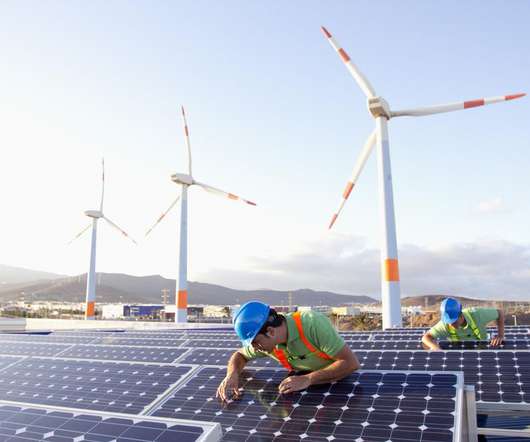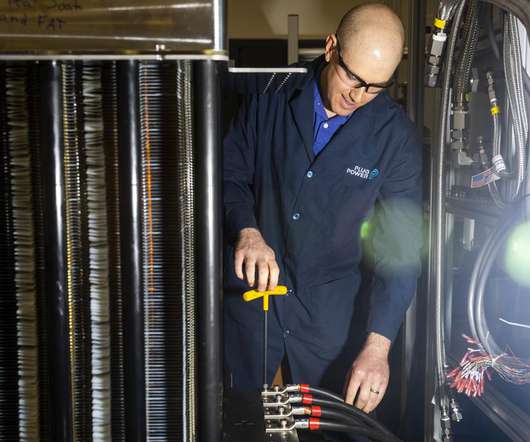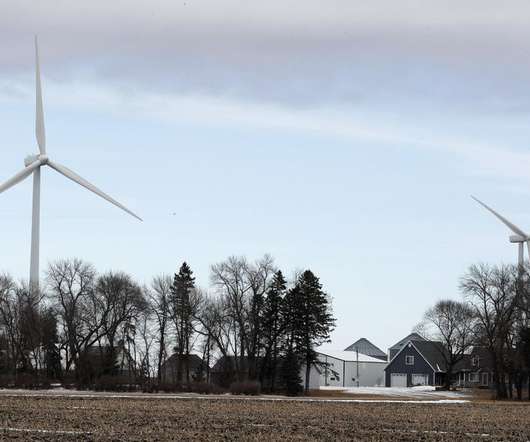Study finds climate impact of hydropower varies widely
Green Car Congress
NOVEMBER 14, 2019
earlier post ), a new study by a team at Environmental Defense Fund finds that the climate impact of hydropower facilities varies widely throughout the world and over time, with some facilities emitting more greenhouse gases than those burning fossil fuels. They also estimated emissions caused by flooding the reservoir.












































Let's personalize your content